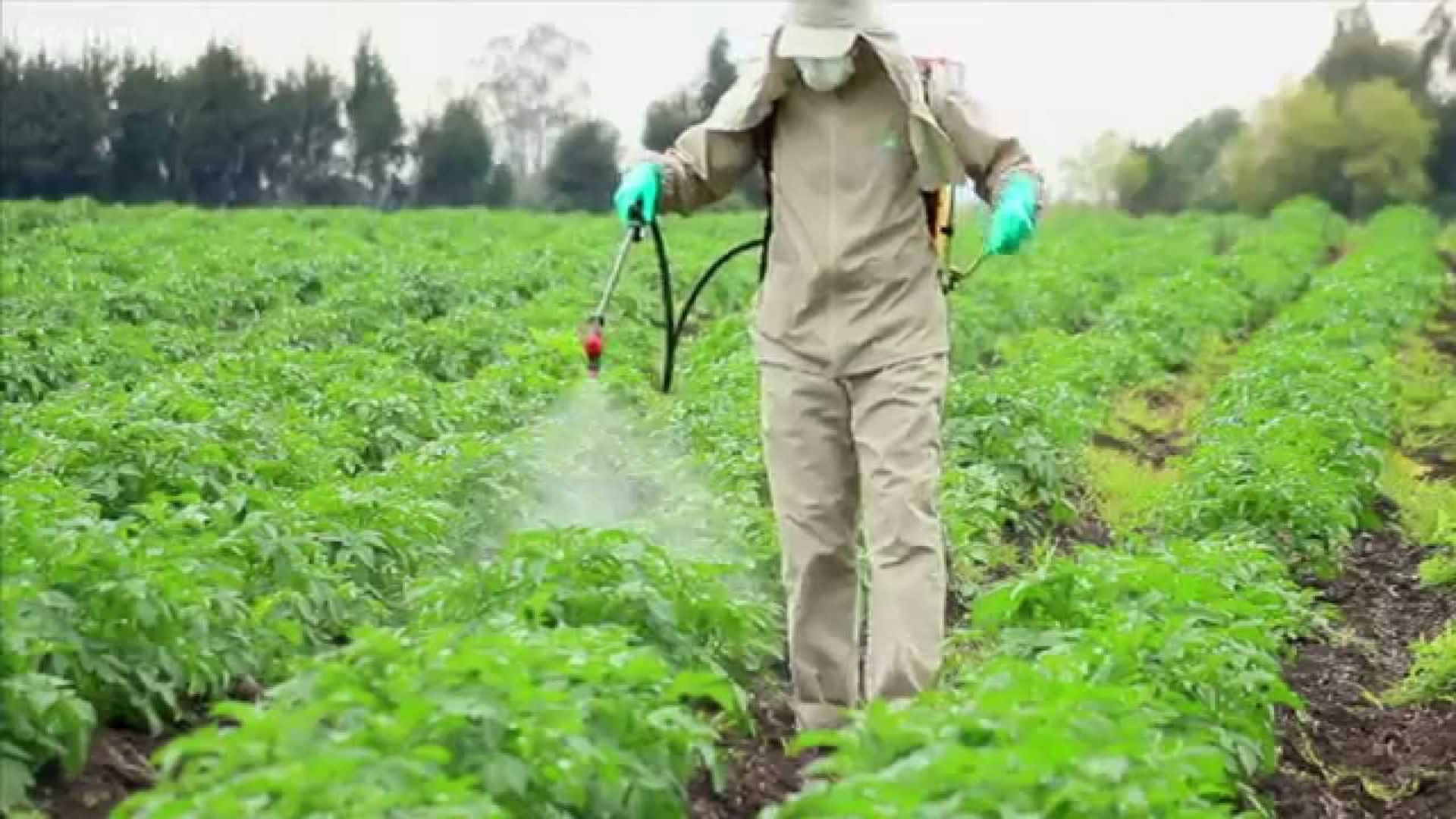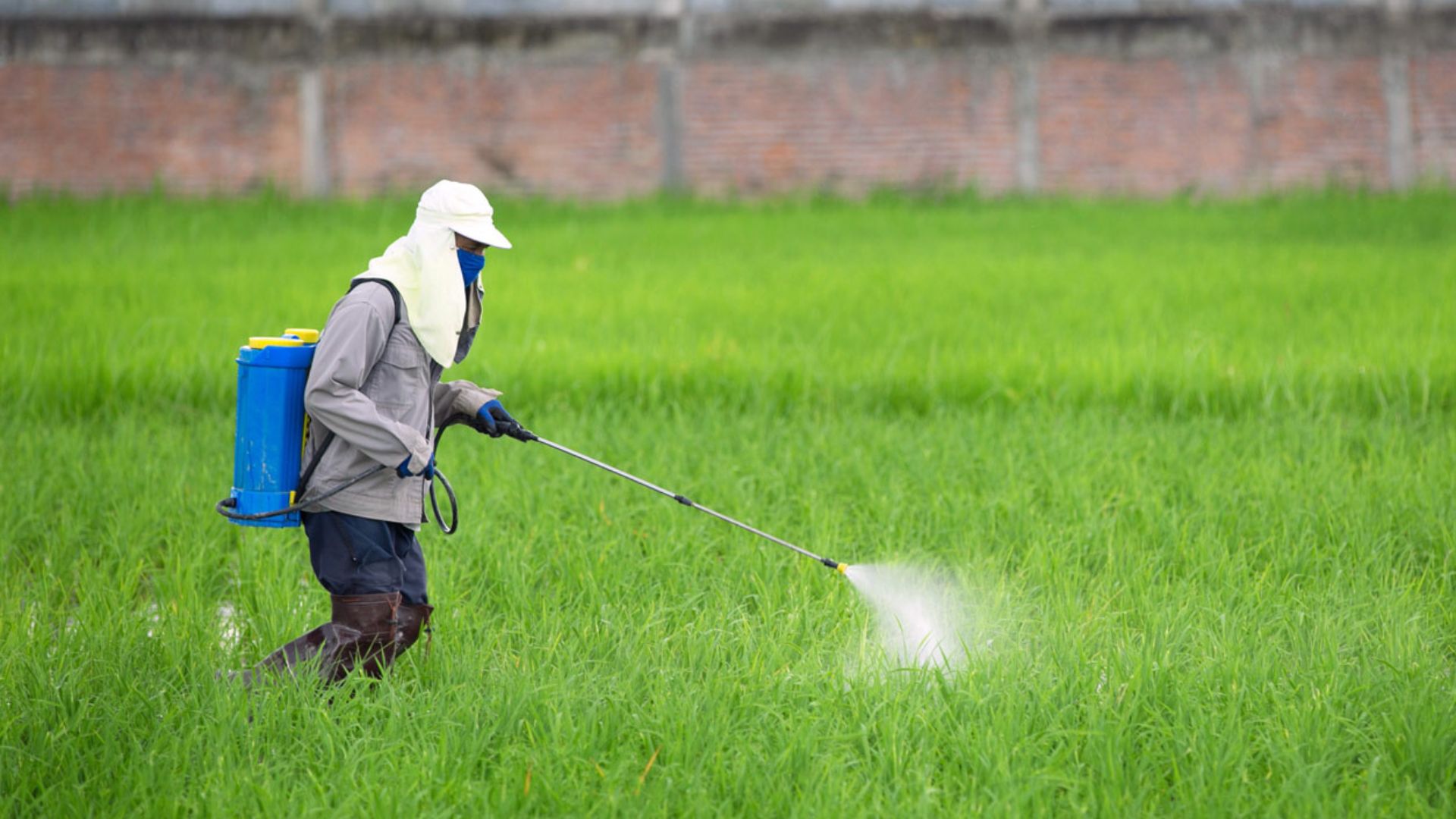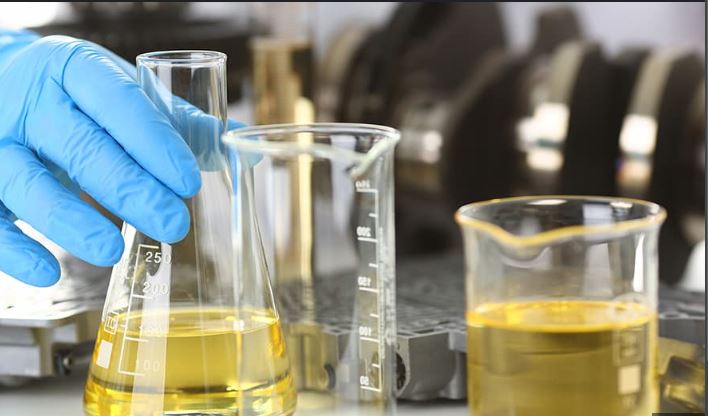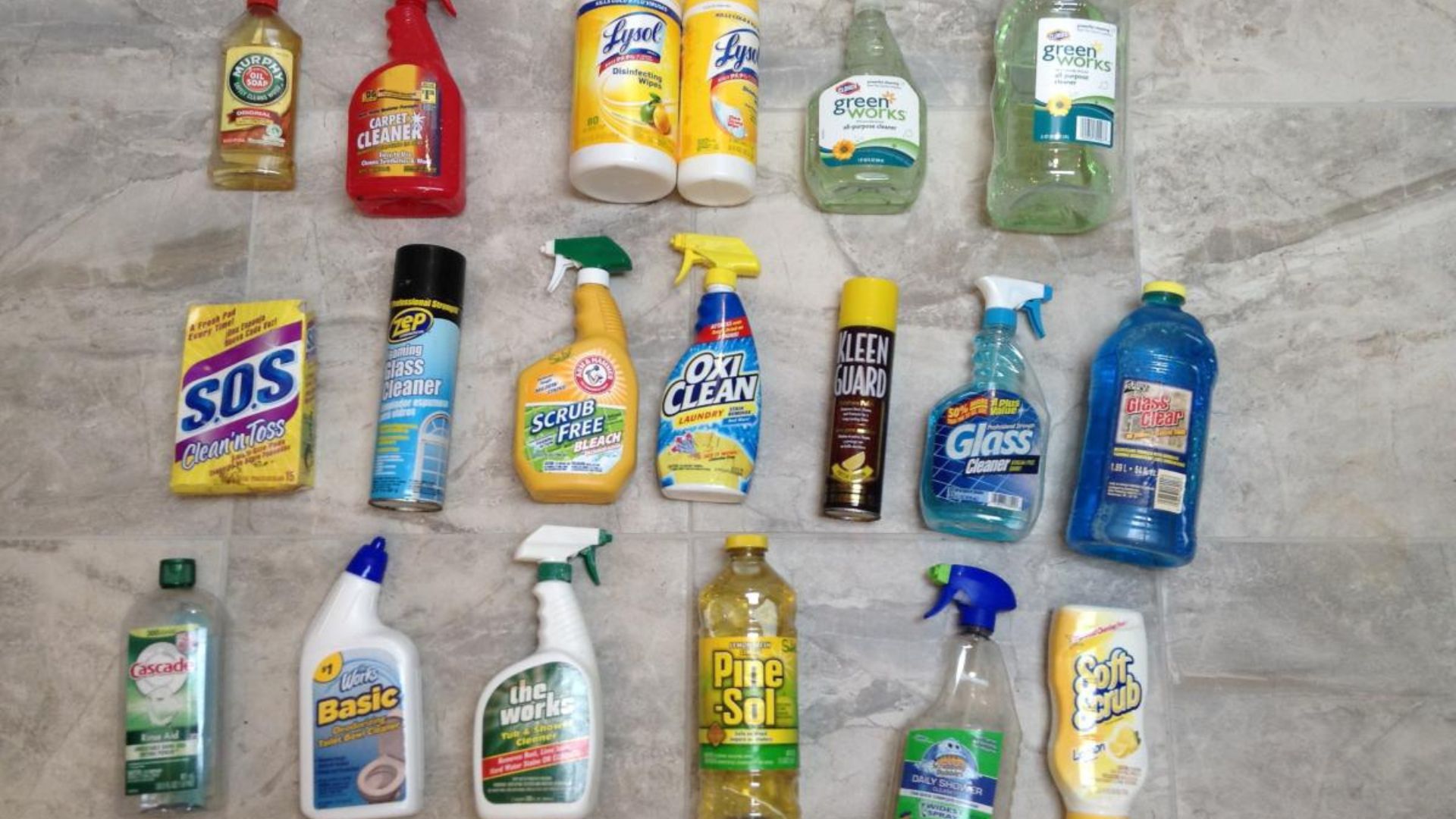When it comes to farming, using agricultural chemicals effectively is essential for maximizing crop yield and maintaining a healthy environment. Understanding the best practices for handling and applying these chemicals ensures that they work as intended while minimizing risks to health and the ecosystem. Here are some detailed tips to help you use agricultural chemicals effectively.
1. Understand the Chemicals You Are Using
Before using any agricultural chemicals, it’s crucial to know what you’re working with. Read the labels carefully to understand the active ingredients, application rates, and safety precautions. This knowledge will help you use the chemicals correctly and effectively.

Using Agricultural Chemicals Effectively
2. Follow Label Instructions
Always adhere to the instructions provided on the chemical labels. These guidelines are designed to ensure safe and effective use. Ignoring them can lead to ineffective application and potential harm to your crops or the environment.
3. Use the Right Equipment
Using the appropriate equipment for applying agricultural chemicals is vital. Ensure that your sprayers, spreaders, and other tools are in good working condition. Calibrate them regularly to apply the correct amount of chemicals.
4. Wear Protective Gear
Safety should be a top priority when handling agricultural chemicals. Always wear the recommended protective gear, including gloves, masks, and goggles. This protects you from potential exposure to harmful substances.
5. Apply at the Right Time
Timing is crucial for effective chemical application. Apply pesticides, herbicides, and fertilizers at the right stage of crop growth and under suitable weather conditions. Avoid spraying during windy or rainy weather to reduce drift and runoff.
6. Rotate Chemicals
To prevent pests and weeds from developing resistance, rotate the chemicals you use. This strategy helps maintain the effectiveness of the chemicals and prolongs their usefulness.
7. Monitor Weather Conditions
Weather conditions significantly impact the effectiveness of agricultural chemicals. Monitor forecasts and apply chemicals when conditions are optimal. Avoid extreme temperatures and high humidity, which can reduce chemical efficacy.
8. Store Chemicals Properly
Proper storage of agricultural chemicals is essential for maintaining their effectiveness and safety. Store them in a cool, dry place, away from direct sunlight and moisture. Ensure they are out of reach of children and animals.
9. Dispose of Chemicals Safely
Dispose of unused or expired chemicals according to local regulations. Never pour them down drains or into water sources. Proper disposal prevents environmental contamination and protects wildlife.
10. Keep Records
Maintain detailed records of chemical usage, including the type, amount, and application dates. This information helps track the effectiveness of treatments and can be useful for regulatory compliance.
11. Use Integrated Pest Management (IPM)
Incorporate Integrated Pest Management (IPM) practices to reduce reliance on chemicals. IPM combines biological, cultural, and mechanical methods to control pests, minimizing chemical use and promoting sustainability.
12. Test Soil Regularly
Regular soil testing helps you understand the nutrient needs of your crops. This allows for precise chemical application, reducing waste and enhancing effectiveness. Tailoring your chemical use based on soil tests leads to better crop health and yield.
13. Educate Workers
Ensure that all workers involved in chemical application are well-trained. They should understand the importance of using agricultural chemicals effectively and know how to handle them safely. Training reduces the risk of accidents and ensures proper application.
14. Be Mindful of Non-Target Areas
Avoid applying chemicals to non-target areas, such as nearby water bodies or habitats. This reduces the risk of environmental contamination and protects beneficial organisms.
15. Evaluate Results
After applying chemicals, monitor the results to assess their effectiveness. Make adjustments as needed based on observations and record any changes. Continuous evaluation helps improve future chemical use and crop management practices.
Conclusion
Using agricultural chemicals effectively involves careful planning, precise application, and ongoing evaluation. By following these tips, you can ensure that your chemical use is both efficient and safe, promoting healthy crops and a sustainable environment. Remember, responsible use of agricultural chemicals not only benefits your farm but also protects the broader ecosystem.




